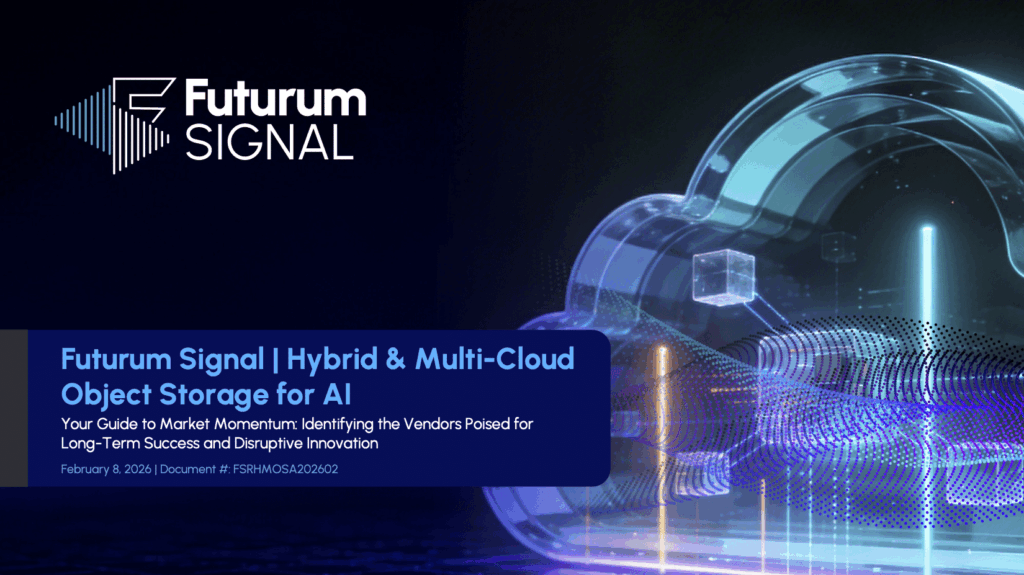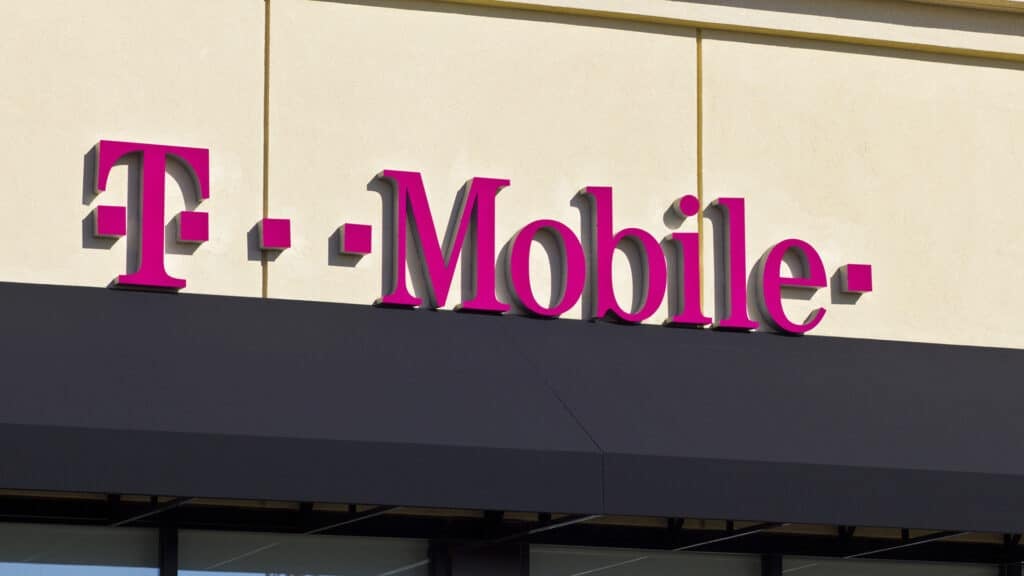The News: SoftIron announced the latest update to the company’s HyperCloud offering. For the full press release, click here.
The Evolving Landscape of Private Cloud Infrastructure
Analyst Take: The private cloud infrastructure landscape is undergoing a significant transformation, primarily influenced by the strategic maneuvers of leading vendors and recent industry developments. Notably, companies such as Hewlett Packard Enterprise (HPE) with its GreenLake offering, Dell through APEX, and Lenovo with TruScale, are reshaping the market dynamics for infrastructure services. In addition, hyperscale cloud providers are increasingly offering on-premises solutions to address the needs for data sovereignty and data latency. These vendors drive innovation and competition, providing a wider range of options for enterprises seeking flexible, scalable, and efficient cloud solutions.
Amidst this evolving market, Broadcom’s acquisition of VMware has emerged as a pivotal moment, prompting customers to reassess their cloud strategies and infrastructure choices. This shift is not just a reaction to the acquisition but also a response to the broader trends of increasing workload complexity and the need for more adaptable and resilient infrastructure solutions. This market dynamic creates opportunity.
SoftIron HyperCloud for MSPs
In the context of these market changes, SoftIron’s announcement of its HyperCloud platform stands out. SoftIron, an emerging global player in private cloud infrastructure, has unveiled enhancements aimed at enterprise, government, and Managed Service Provider (MSP) users. This announcement follows the initial launch in 2022, which saw adoption across various sectors including life sciences, education, manufacturing, and government.
HyperCloud represents a significant leap in the private cloud space, offering a true private cloud experience akin to that of public clouds. Key features include:
- Ease of Installation: HyperCloud can be installed in half a day, offering a fully functional private cloud in a half-rack space.
- Scalability: The platform enables independent scaling of various cloud components like compute, storage, and networking.
- Elasticity: With the ability to add or remove nodes as needed, HyperCloud automatically reconfigures and redistributes workloads and storage.
- Cloud-like Deployment and Management: The system supports infrastructure as code deployment through user-friendly portals or APIs, integrating with tools such as HashiCorp Terraform or SUSE Rancher.
- Multi-Tenancy: It ensures secure workload separation across different tenants.
The upgrade encompasses enhancements across compute, storage, and interconnect nodes:
- Compute: Introduction of 64-Core/128-Thread AMD EPYC Compute Nodes, NVIDIA-based GPU Intelligence Nodes, and Socionext-based ASIC Intelligence Nodes
- Storage: Expansion of storage nodes including various configurations ranging from 48 TB to 240 TB HDD storage, and up to 112TB SSD and 52TB NVMe storage
- Interconnect: Addition of 1 GbE Management, 25 GbE High-Speed, and 100 GbE Spline Interconnects
MSP Focus
I spoke with the MSP Etage listed in the press release about their deployment of the SoftIron solution, and the feedback was that the solution perfectly aligned with the needs of small to midsize MSPs. “We are seeing SoftIron’s HyperCloud radically simplify how we deliver to our clients,” explained Rob Hough, CEO at Etage. “When you combine the reduced complexity with the hardware route of trust characteristics, this makes HyperCloud a compelling choice for cloud workloads and especially those that are demanding from a security perspective.” These MSPs need to be able to provide flexible infrastructure while being laser-focused on cost and simplicity of administration.
Looking Ahead
SoftIron’s HyperCloud is a strategic response to the current trends and challenges in the hybrid cloud landscape. The platform’s launch is particularly timely, as enterprises are re-evaluating their cloud infrastructure in light of Broadcom’s acquisition of VMware. HyperCloud addresses the growing demand for cloud-native infrastructure that can support increasingly complex and demanding workloads, both on-premises and in hybrid environments.
The introduction of HyperCloud is set to catalyze a shift in how enterprises approach their cloud infrastructure. It underscores the importance of flexibility, scalability, and ease of management in private cloud solutions—aspects becoming increasingly vital in a world where cloud-native applications are the norm.
In conclusion, SoftIron’s announcement is more than just a product launch; it is a statement of intent in a rapidly evolving market. It signals the company’s commitment to driving innovation in private cloud infrastructure, offering a viable and compelling alternative in a market that is seeking new directions post-VMware acquisition. As the cloud landscape continues to evolve, solutions such as HyperCloud will likely play a pivotal role in shaping the future of enterprise cloud strategies.
Disclosure: The Futurum Group is a research and advisory firm that engages or has engaged in research, analysis, and advisory services with many technology companies, including those mentioned in this article. The author does not hold any equity positions with any company mentioned in this article.
Analysis and opinions expressed herein are specific to the analyst individually and data and other information that might have been provided for validation, not those of The Futurum Group as a whole.
Other Insights from The Futurum Group:
Infrastructure Innovation at the Speed of Cloud
Infrastructure Matters Webcast
Author Information
Steven engages with the world’s largest technology brands to explore new operating models and how they drive innovation and competitive edge.







